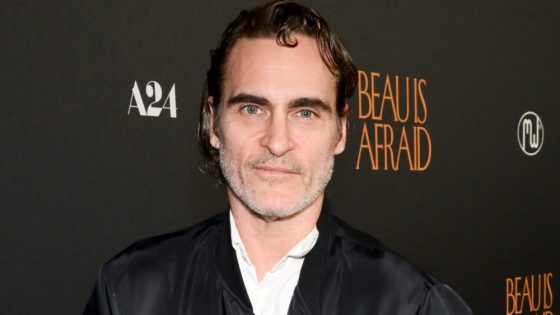The carriage dispute between DirecTV and Disney has entered new, nerve-wracking territory as the companies have failed to reach a deal as NFL Monday Night Football kicks off its season on ESPN.
“Disney wants you to miss out on Monday Night Football on ABC and ESPN while DirecTV works to reach a new agreement,” a pointed message to viewers from DirecTV read as the game was about to begin.
More from Deadline
When contacted by Deadline, reps for both companies did not offer any official statements about the fate of the New York Jets-San Francisco 49ers game.
Sixteen Disney networks, including ESPN, have been dark on the pay-TV provider since September 1, depriving 11 million-plus subscribers of U.S. Open tennis, college football and The Bachelorette finale. Programming now at risk of being unavailable includes Tuesday’s presidential debate and Sunday’s Primetime Emmy Awards, though the debate will air on C-SPAN and other networks available on DirecTV. Recognizing the clout of the NFL, DirecTV last Friday offered subscribers discounts if they sign up for Sling TV or Fubo, and Disney also has lowered the price of Hulu + Live TV and promoted other pay-TV avenues for consumers.
The debut of MNF has long been seen as a key milestone for the dispute, which is the second in two years for Disney at this time of year. In September 2023, the media giant and Spectrum parent Charter Communications had a 10-day standoff, which ended just hours before last season’s Monday night kickoff. (As was the case last year, this season’s opener features the Jets and their headline-grabbing quarterback, Aaron Rodgers.) The result of the Charter resolution was a new-model agreement that dropped linear distribution for Freeform and a handful of other networks in exchange for a boost for Disney+, Hulu and ESPN+ on Spectrum systems.
DirecTV, which is now a privately held entity owned by AT&T and private equity firm TPG, has a fundamentally different business model than Charter’s. It doesn’t offer broadband, wireless or any other non-video services, which it makes available via satellite and the internet as well as a legacy cable system.
Along with ABC and ESPN, Disney’s portfolio of TV nets includes ESPN2, ESPNU, ESPNews, ESPN Deportes, ACC Network, SEC Network, Disney Channel, Disney Junior, Disney XD, FX, FXX, FX Movie Channel, Freeform, National Geographic and Nat Geo Wild. The Burbank-based conglom also has O&Os in eight top TV markets including New York, San Francisco, Los Angeles, Chicago and Philadelphia, the site of Tuesday’s presidential debate.
The two sides had been battling in the press for the past several days, with Disney alleging last week that DirecTV “continues to misrepresent the facts” and the satellite TV giant over the weekend accusing the Bob Iger-run media company of bad-faith negotiations.
DirecTV CFO Ray Carpenter conceded that the dispute is more “existential” for his company than it would be for a more diversified pay-TV operator. During a conference call with analysts, Carpenter said the “bloated” current package of 100-plus channels needs to slim down to between 10 and 50 channels in order to be more consistent with viewing habits in the streaming era.
Some industry observers have said they detect signs that DirecTV isn’t prepared to rush into a deal that doesn’t advance its strategic objectives. “They aren’t negotiating with any sense of urgency,” a source close to the talks tells Deadline. “Disney want to get this done, with the football and the Harris, Trump debate, Emmys,” he added. A different, high-level source who has done business with both companies thinks it’s possible, given the Charter deal and the upcoming launch of a stand-alone streaming version of ESPN that Disney may also not be in a hurry. “They may just be willing to give a big boost to their streaming services because that’s where the future is,” the person told Deadline.
Financially speaking, carriage disputes typically damage both participants in the short term. Over the year since the Charter-Disney impasse, the general sentiment around the deal has shifted. Most observers registered initial shock that Disney lost linear carriage of networks that had generated an estimated $300 million in affiliate fees. Over time, the minimum penetration guarantees secured for ESPN and the integration of Disney streaming offerings into Spectrum packages helped advance key corporate goals for the programmer.
Erik Pedersen contributed to this report.
Best of Deadline
Sign up for Deadline’s Newsletter. For the latest news, follow us on Facebook, Twitter, and Instagram.
Source Agencies



